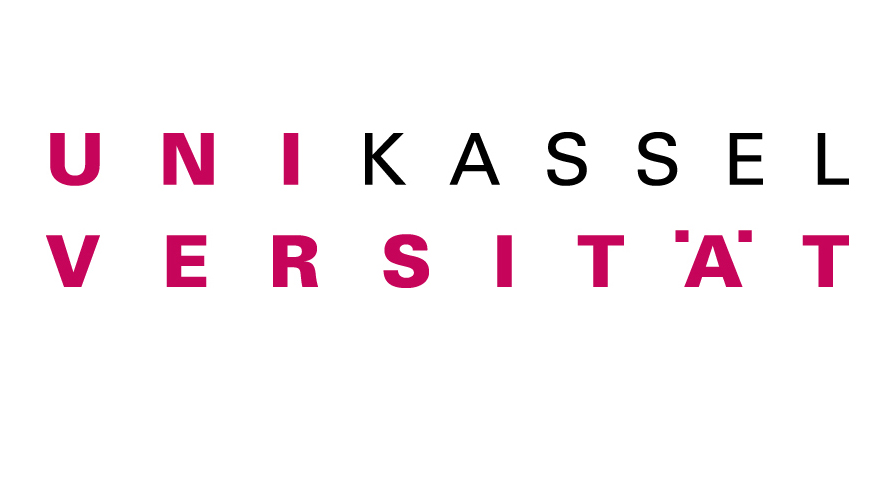This page contains automatically translated content.
Study on MOOCs published

On the basis of the analysis, neither a fundamental expansion of MOOCs nor an interweaving of MOOCs and classic university education, as can be observed in other countries, is to be expected for Germany. Very topically, the authors of the study point out that a prolonged closure of universities due to the global spread of the Sars-CoV-2 virus could lead to changes in this assessment. In this case, the research findings summarized in the report provide guidance for appropriate strategies.
Massive Open Online Courses (MOOCs) have played a central role in the international discussion about the digitization of university teaching in recent years. MOOCs are online courses that are in principle open to everyone and in which millions of participants worldwide enroll every year. The hype around MOOCs starting in 2011 was used in individual higher education systems to strongly push digital higher education teaching. While the hype has died down since 2015, the number of MOOCs and the number of MOOC participants worldwide are still increasing.
Little research has been done on the international and national developments of the provider landscape, the reactions of different countries, and the consequences for higher education on a global and national level. In particular, the reactions of German higher education institutions are largely unexplained. A research team at INCHER-Kassel and LCSS at Leibniz Universität Hannover has therefore comprehensively investigated the developments of MOOCs. The findings of the research project "MOOCS - after the Gold Rush", funded by the German Federal Ministry of Education and Research (BMBF), have now been published in a report.
Using different theoretical and methodological approaches, the study covers four main areas of investigation for the period from 2011 to 2017: 1. MOOCs in the academic debate; 2. developments among global MOOC providers; 3. the view of German universities on MOOCs; 4. an outline of developments to be expected in the future.
Otto Hüther, Anna Kosmützky, Igor Asanov, Guido Bünstorf, and Georg Krücken (2020): Massive Open Online Courses after the Gold Rush: International and National Developments and Future Perspectives, Kassel and Hannover: INCHER-Kassel and LCSS Doi: 10.15488/9775; https://www.repo.uni-hannover.de/handle/123456789/9831.
Contact:
PD Dr. Otto Hüther
International Centre for Higher Education Research (INCHER-Kassel)
University of Kassel
E-mail: huether[at]incher.uni-kassel[dot]de